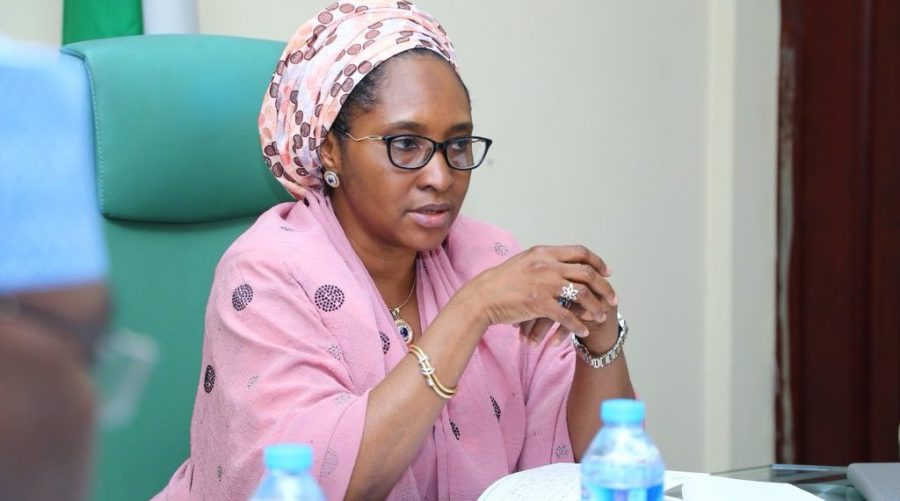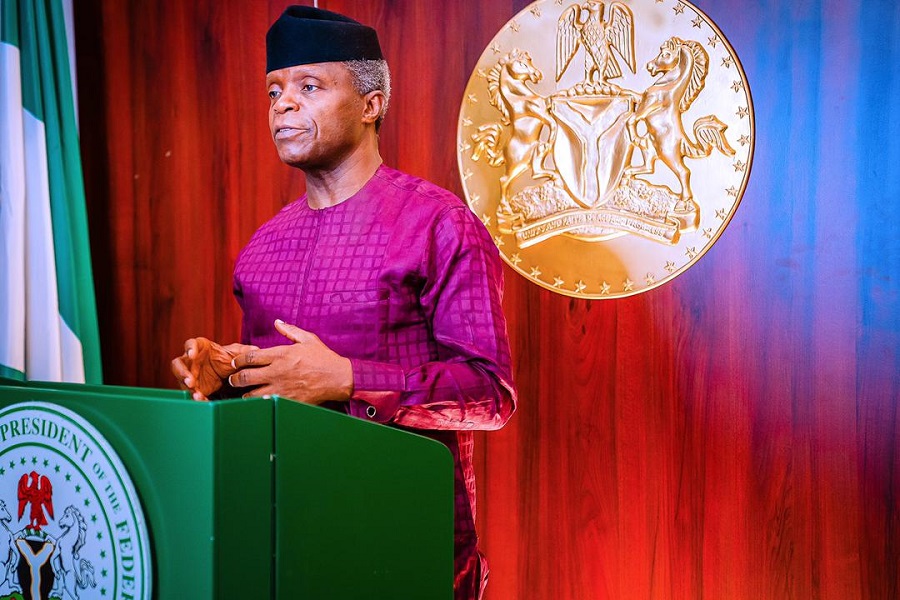The Federal Government is consciously improving the ease of doing business in Nigeria through several strategic reforms that would foster rapid economic recovery.
This disclosure was made by the Minister of Finance, Dr. Mrs. Zainab Shamsuna Ahmed in her presentation at the recently concluded Deloitte Nigeria 2021 Economic Dialogue.
Ease of doing business is an indicator of how flexible the regulations and other bureaucracies are to encourage new businesses ie. MSMEs to set up and run without encumbrances.
According to her, MSMEs contribute 48% of the national GDP and 96% of businesses as well as 84% of employment and thus require the necessary reforms to make it contribute more to the economy.
Dr. Ahmed stated that the Finance Act 2020 has provided the impetus and the required business-friendly environment for the MSMEs to thrive as follows:
- Mitigating double taxation risk
- Limiting the deductible interests paid by Nigerian companies on loans from foreign lenders
- Providing tax-free period for the agric. Sector incorporates thin capitalization
- Exempting small companies from CIT and VAT
What you should know
- All economies in the world are ranked on their ease of doing business, from 1–190. A high ease of doing business ranking means the regulatory environment is more conducive to the starting and operation of a local firm.
- According to The World Bank‘s report on Ease of Doing Business 2020 Nigeria’s ranking jumped from 146 to 131, representing its second-highest annual progress of 11.45% in a decade.
Why this matters
- Doing business in Nigeria has been quite difficult and a serious disincentive to aspiring and budding entrepreneurs in the MSME space.
- Therefore implementing reforms that would make it easier for entrepreneurs to do business in Nigeria would go a long way in creating the required critical mass effect for the faster economic recovery.
















.gif)






